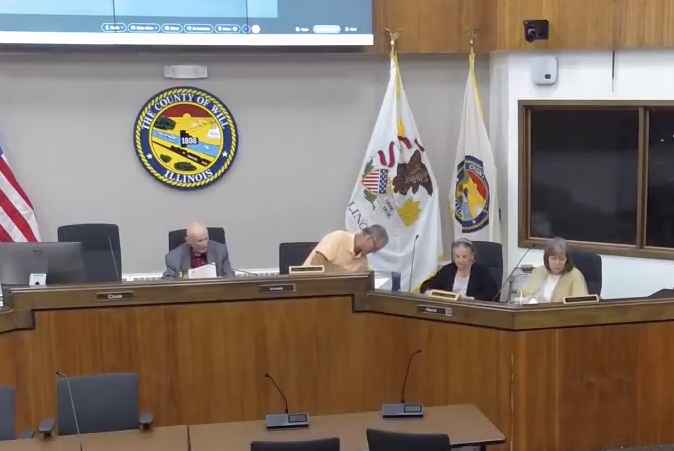
Family-based visa quotas cause system backlogs
One of the most prevalent ways for immigrants to gain legal status in the United States is through family-based visas. However, backlogs in the system often lead to decades-long wait times.
Each year, the United States allows an unlimited number of immediate family members to obtain visas in the country. These visas are reserved for spouses, children and parents of U.S. citizens.
Additionally, the government awards 226,000 family-preference visas each year. These visas can be given to unmarried children 21 or older, siblings and married children of U.S. citizens or lawful permanent residents.
In fiscal year 2024, the United States issued 265,467 immediate relative visas and 205,762 family preference visas.
The family-preference visas have certain caps depending on an individual’s relationship to the U.S. citizen or lawful permanent resident status.
Sponsored family members are also able to include their immediate relatives on visa petitions. For example, if a U.S. citizen sponsors their sibling for a family-preference visa, the sibling may include their spouse and children as part of the initial sponsorship.
The additional family members of the original sponsored individual also contribute to the overall cap for family-preference visas.
Jordan Fischetti, a former immigration lawyer and a fellow with Americans for Prosperity, said this aspect of the visa system can often make people suspicious of legal immigration.
“People feel like they’re not being told the truth, or that everything is confusing,” Fischetti said. “Our immigration system is super confusing and because it’s so confusing it opens a door for people to believe things that aren’t necessarily true.”
Fischetti said the quotas are often the most damaging part of the immigration system. The current quotas for family-based visas were established in 1990 by the Immigration and Nationality Act.
The quota system has strict guidelines for how many visas go to a certain family member:
– F1 visa – Unmarried children of U.S. citizens 21 years or older – 23,400
– F2A visa – Spouses, children under 21, unmarried children of permanent residents – 87,900
– F2B – Spouses and children of lawful permanent residents – 26,300
– F4 – Siblings of U.S. citizens – 65,000
In fiscal year 2022, 40,973 people were admitted to the U.S. as siblings of citizens. Fischetti said less than 15,000 of those people were actually siblings of a U.S. citizen.
“It’s not like there’s any additional visas available for those people, they will count under the sibling cap and they’re just not siblings,” Fischetti said.
As an immigration lawyer, Fischetti said most of the family-based visas he worked on were for immigrants already living in the United States and seeking an adjustment of status. Most cases Fischetti said he worked on were immigrants who came to the United States on tourist visas and were later accepted under family-based visas.
Often, family members must wait for long periods of time before they can be considered for a visa. In countries like India, China, Mexico and the Philippines, people can be waiting decades for their paperwork to be approved, according to the State Department website.
A sibling of a U.S. citizen who is from Mexico that applied for a visa in 2001 is now being considered in the allocation process in November 2025, according to the State Department’s website.
“You better be willing to wait a very long time if you are the recipient of a sibling-sponsored visa,” Fischetti said.
He acknowledged that certain key reforms to the immigration system could make it less confusing and more helpful for families who want to live in the United States together. He said the quota system often disadvantages people who are from countries where more applicants seek visas.
“I think there’s better ways for us to determine who becomes a resident rather than these quotas that were determined in the 1990s,” Fischetti said.
Moving away from the quota system, Fischetti said, could improve immigration as a whole. He said state-based and market-based reforms are good to pursue but they need to be addressed with proper consideration of the Constitution.
“I want members of Congress to start looking at immigration through a different lens,” Fischetti said.
Latest News Stories

Illinois beef producers say Trump’s Argentina beef plan hurts farmers

WATCH: Expect tax and fee increases for veto; Democrats want more sanctuary policies

Illinois quick hits: Bailey family announces memorial services; digital currency scam losses

Meeting Summary and Briefs: Village of Frankfort Board for October 20, 2025

Frankfort Park District Survey Shows Lack of Support for Top Rec Center Designs; Board Weighs Costly Referendum
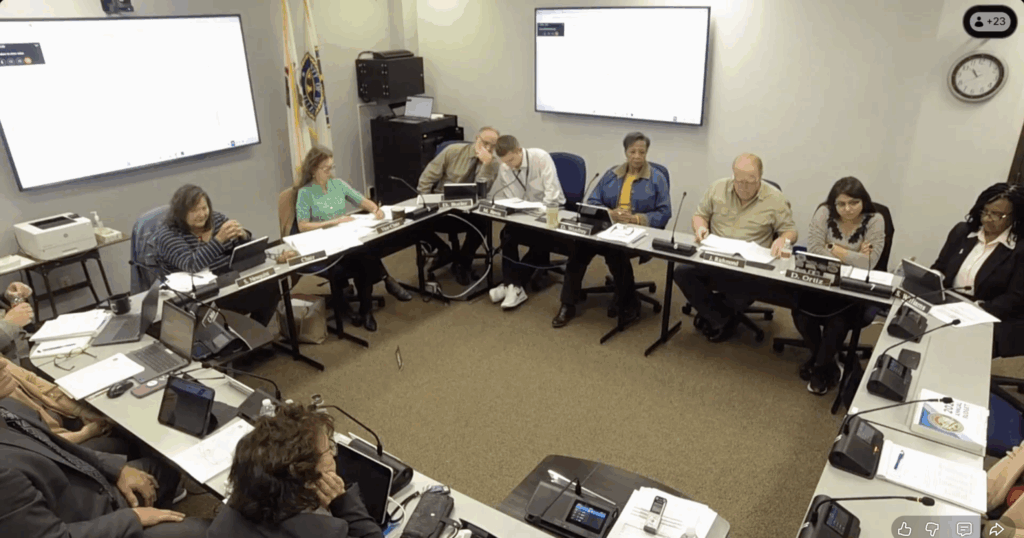
Will County Health Department Pleads for $1 Million to Avert ‘Weakened Public Health System’

Judge: Benefits of feeding babies beat risk claims in NEC lawsuits

Frankfort Park District Approves Over $322,000 in August Bills
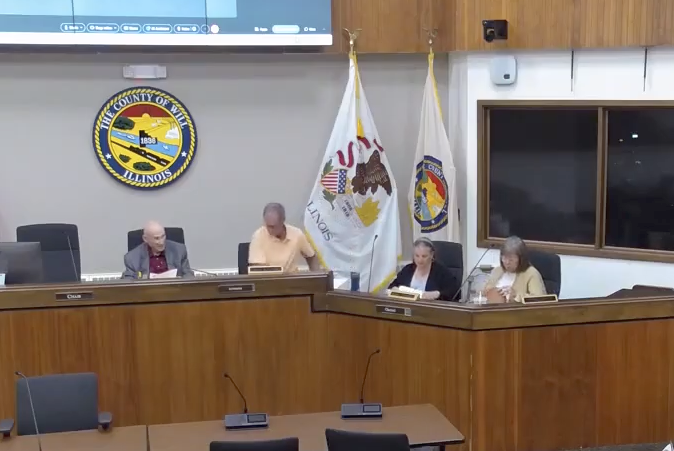
Frankfort Township Board Objects, but County Commission Recommends Bar with Video Gaming
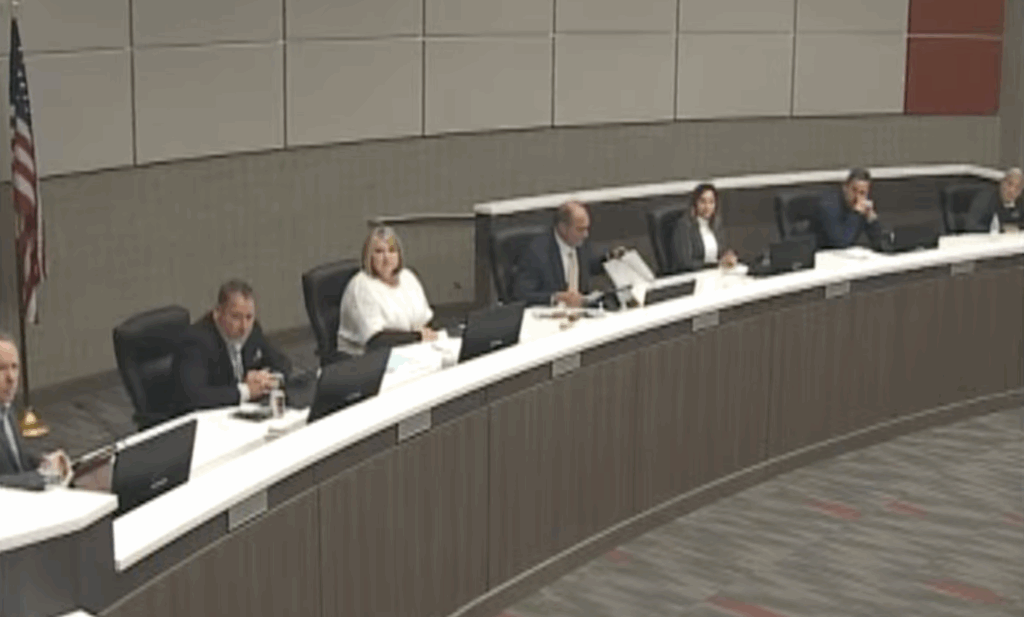
Frankfort Board Approves New Dump Truck Purchase, Sale of Surplus Vehicles
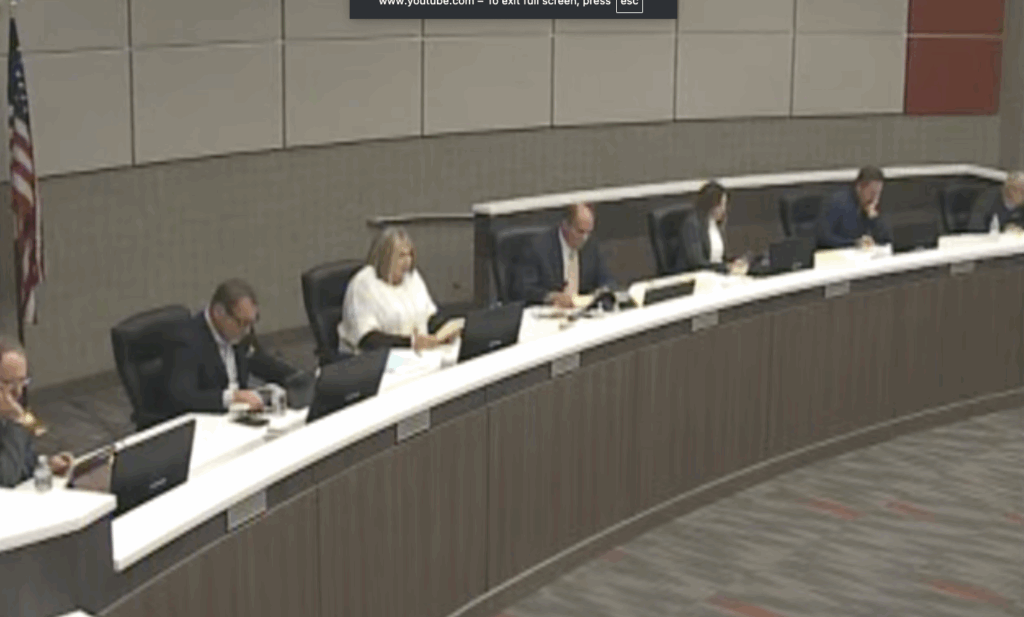
Frankfort Approves Over $203,000 for Holiday Lighting Contract

Meeting Summary and Briefs: Summit Hill School District 161 for October 15, 2025
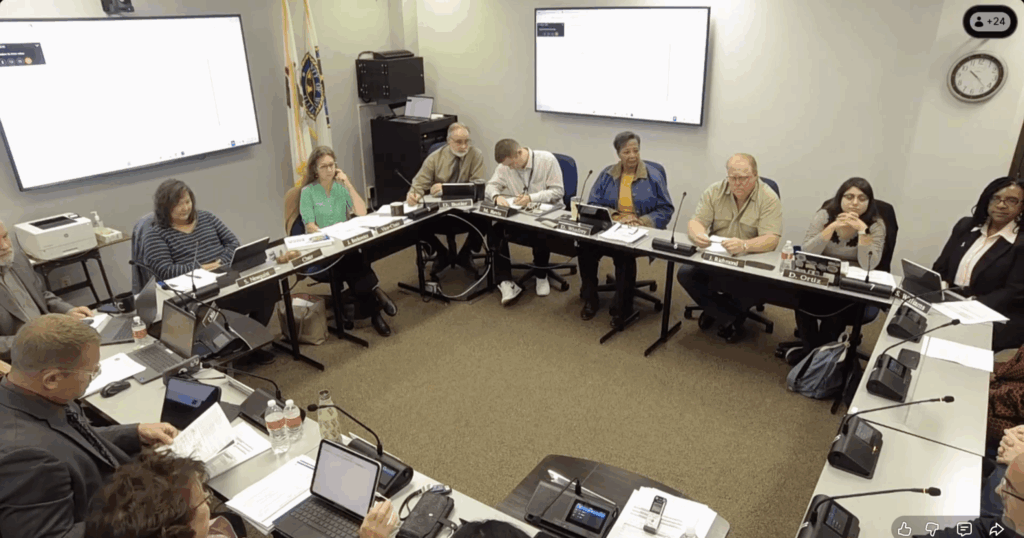
Will County Committee Grapples with $8.9 Million Budget Gap After Contentious 0% Tax Levy Vote

Will County Committee Grapples with $8.9 Million Budget Gap After Contentious 0% Tax Levy Vote
